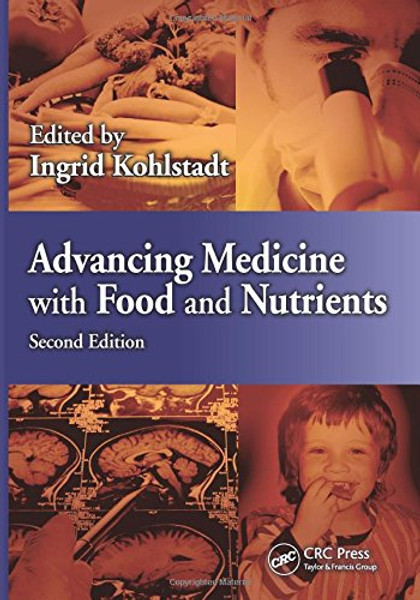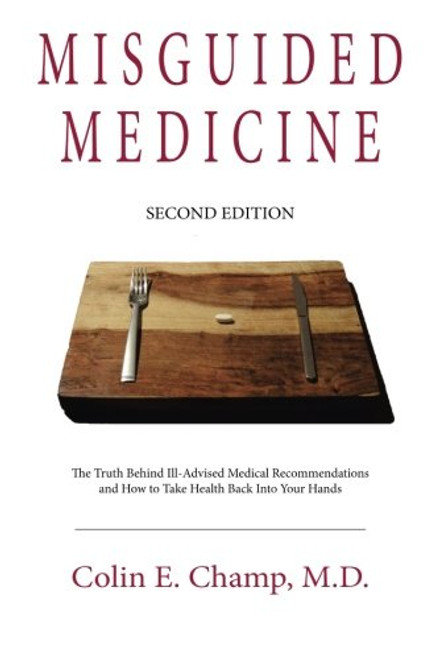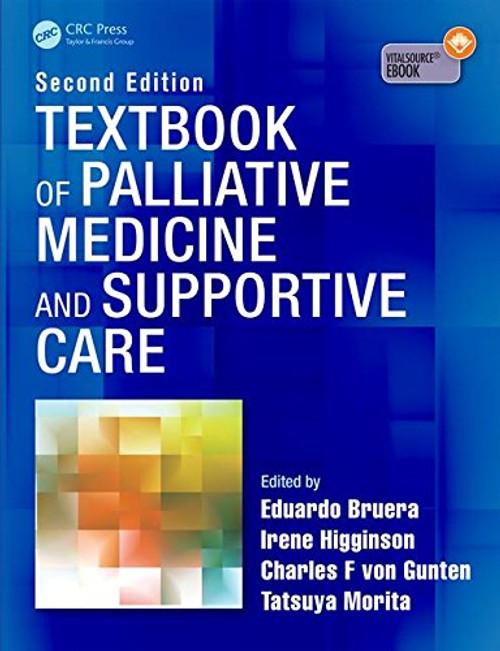Product Overview
Food and nutrients are the original medicine and the shoulders on which modern medicine stands. But in recent decades, food and medicine have taken divergent paths and the natural healing properties of food have been diminished in the wake of modern technical progress. With contributions from highly regarded experts who work on the front-lines of disease management, the bestselling first edition Food and Nutrients in Disease Management (CRC Press 2009) effectively brought food back into the clinical arena, helping physicians put food and nutrients back on the prescription pad.
Written by doctors for doctors, Advancing Medicine with Food and Nutrients, Second Edition reunites food and medicine. Buttressed with new evidence, leading physicians on the forefront of disease management apply the latest scientific advances to the clinical practice of medicine. Each chapter offers adjuncts to standard care, fewer side effects, improved risk reduction, or added quality of life.
Guided by Dr. Kohlstadt, this authoritative reference equips clinicians with the information they need to fully utilize nutritional medicine in their practice. Board-certified in General Preventive Medicine, Ingrid Kohlstadt, MD, MPH has been elected a Fellow of the American College of Nutrition and a Fellow of the American College of Preventive Medicine (see About the Author).
Advancing Medicine with Food and Nutrients 2nd Edition:
- Contains more than 40 disease-specific chapters providing information on the relationships between food, nutrients, and management of disease
- Offers summaries that demonstrate clinical recommendations at the end of each chapter
- Periodontal disease, steatohepatitis, bariatric surgery, atopic dermatitis, kidney stones, toxic exposures such as molds, microbial infections, xenoestrogens, heavy metals, and inert nanoparticles
- Examines food-drug interactions and the effects of medications on the body's nutrient needs
- Food safety issues: precautions for patients with preexisting medical conditions, adequate labeling of food allergens such as gluten, potential adverse effects of artificial sweeteners, consequences of applying ionizing radiation to food, food-borne mycotoxins, critical food restrictions following bariatric surgery, precautions for preparing food in the home
- Consumer advocacy issues on navigating claims of medical foods and dietary supplements
- Physical forces on nutritional needs, such as ultraviolet light initiating vitamin D synthesis, non-ionizing radiation's effects on brain glucose metabolism and excess body fat's effects on inflammation and hydration
- Preventive medicine and how to preserve resiliency at the individual and public health levels












